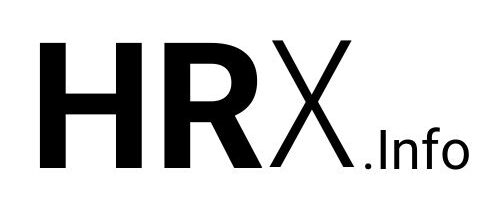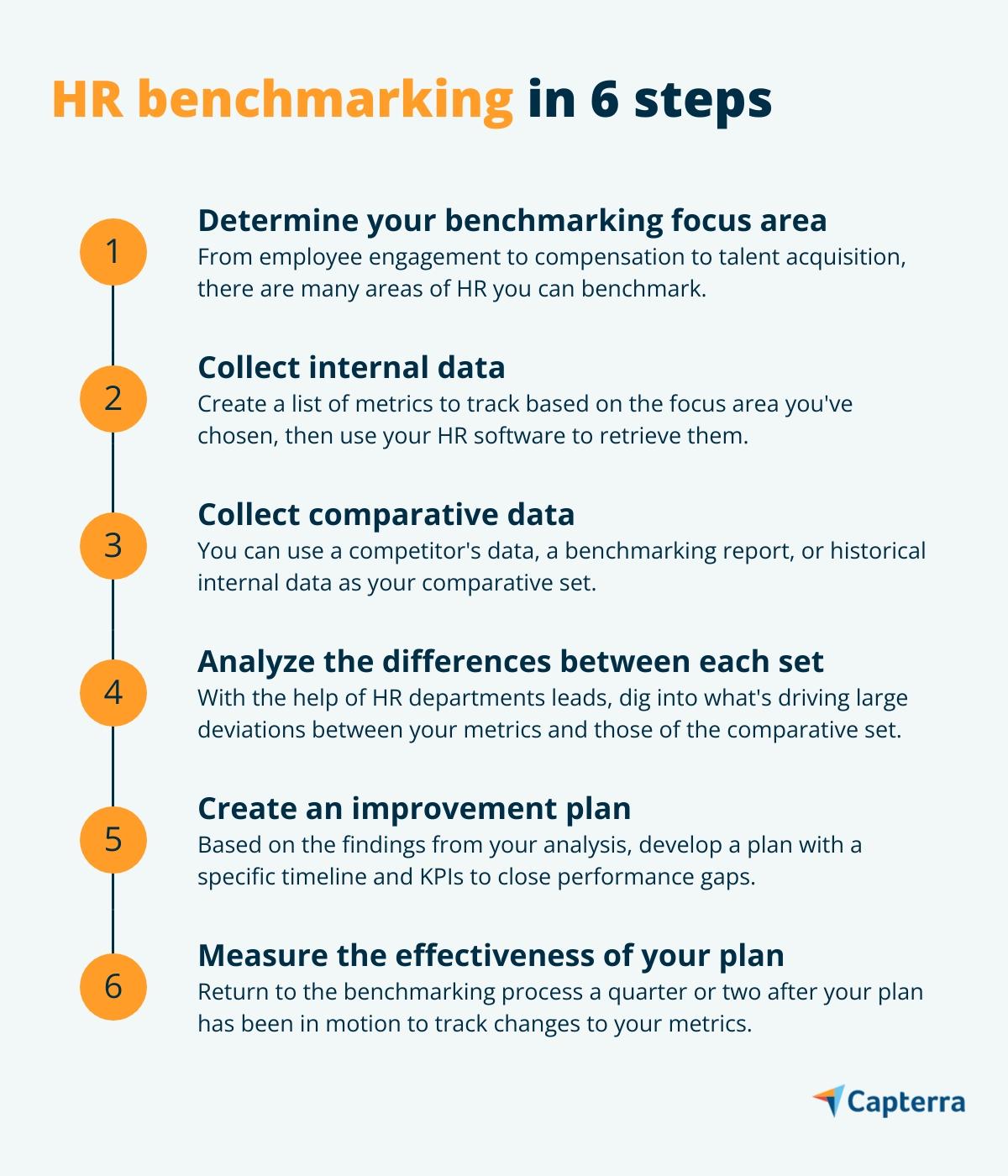Benchmarking in human resources refers to the systematic comparison of HR processes, services, or performance indicators across different companies—ideally with top-performing or “best-in-class” organizations. This can occur either as a continuous process or at specific intervals to evaluate how one company’s human capital practices measure up against others.
Since HR management typically does not operate in direct market competition, it is particularly well-suited to the benchmarking approach. In the context of HR controlling, benchmarking allows companies to analyze and compare key HR metrics—such as employee turnover rates, training investment per employee, or time-to-hire—with those of other organizations. These comparisons aim to identify “best practices” that may serve as aspirational targets.
However, it’s important to note that benchmarking external HR data or performance alone does not automatically reveal how these figures affect the achievement of an organization’s own HR strategy. Effective benchmarking must therefore be contextualized within the specific strategic and operational goals of the company, rather than being used as a one-size-fits-all model.
« Back to Glossary Index





![15 Employee Offboarding Templates That Save Hours of HR Time [Free Downloads] 15 Employee Offboarding Templates That Save Hours of HR Time [Free Downloads]](https://i1.wp.com/www.hrcloud.com/hubfs/Header.png?w=150&resize=150,100&ssl=1)
